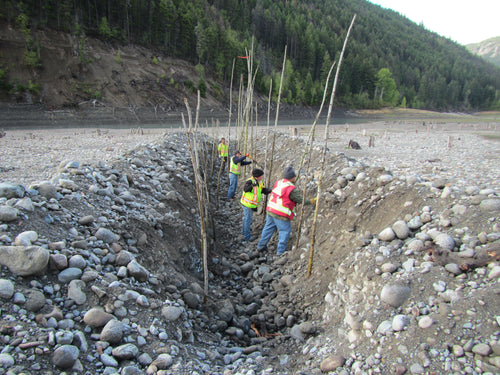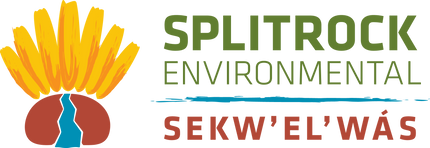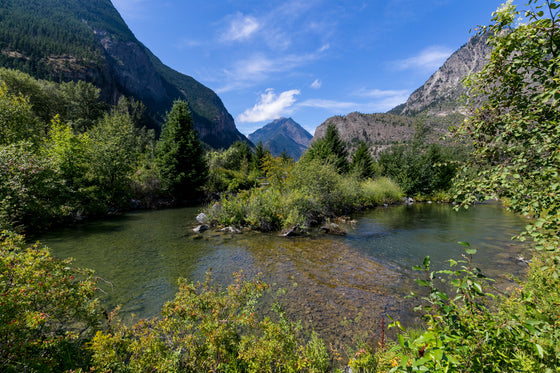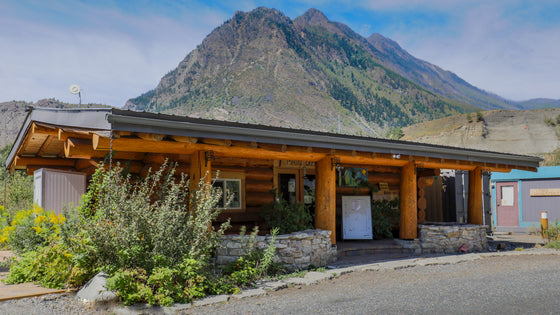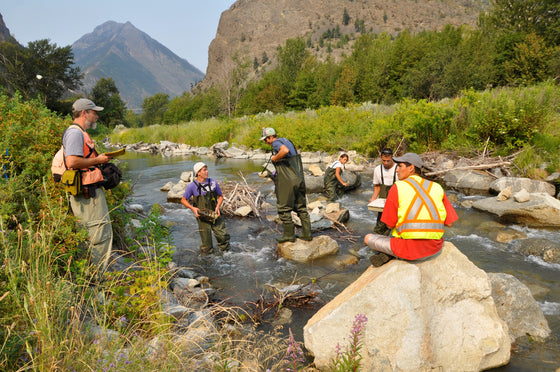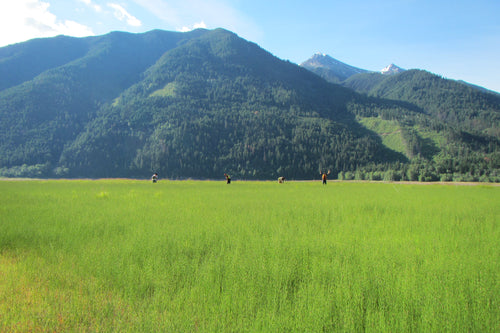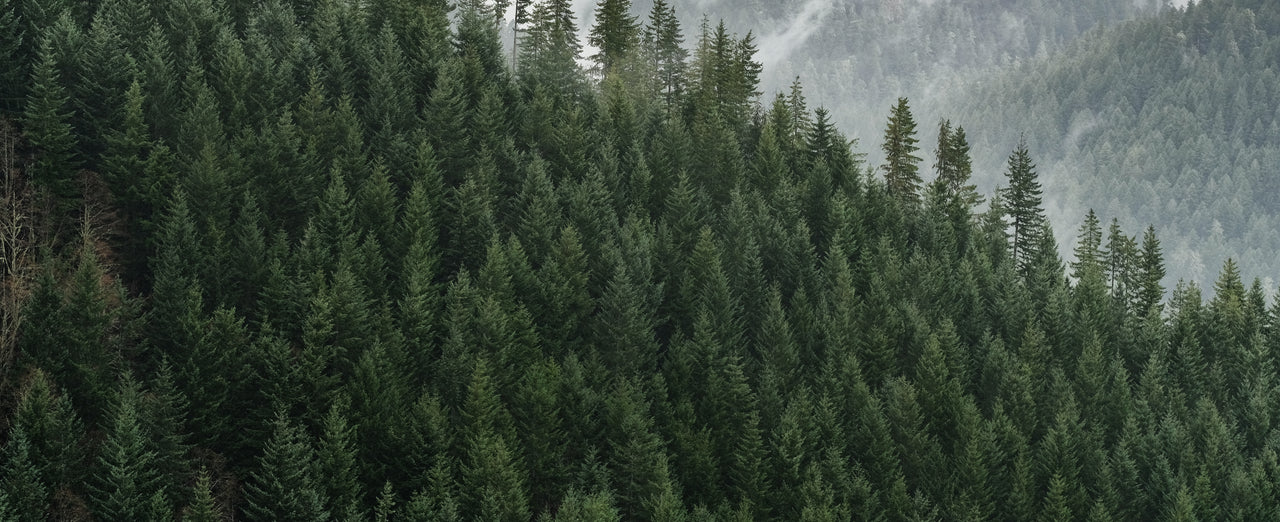
Senior Environmental Tech or Junior Biologist

Meet our Partners
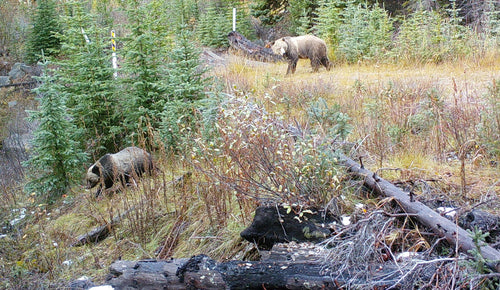
Stein-Nahatlatch Grizzly Bear Project
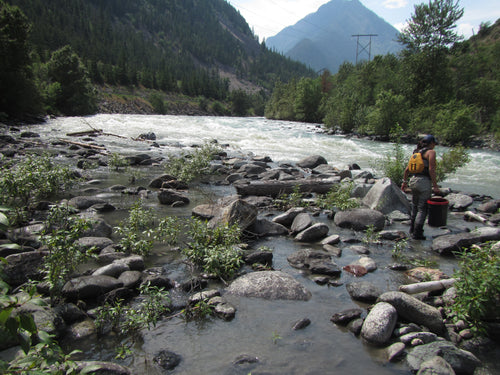
Fish Salvage
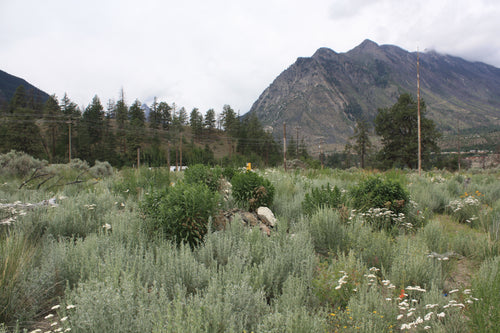
Powerhouse Site Restoration
Splitrock Environmental’s first project began at the confluence of the Fraser and Seton Rivers and was carried out in a partnership between the Sekw’el’was community and the Lillooet Naturalist Society. With a goal to turn a heavily used and degraded area of wetlands and upland ponderosa pine bunchgrass ecosystem into a richer, natural, diverse and functioning wildlife habitat area, the...
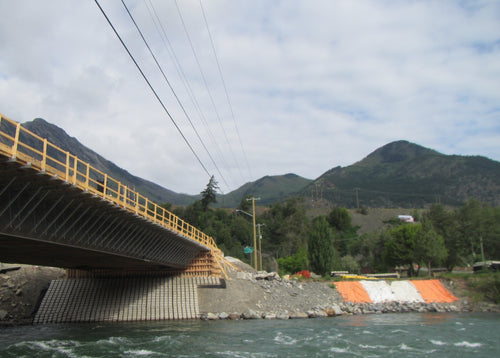
Hwy 99 Lillooet Station Bridge Replacement
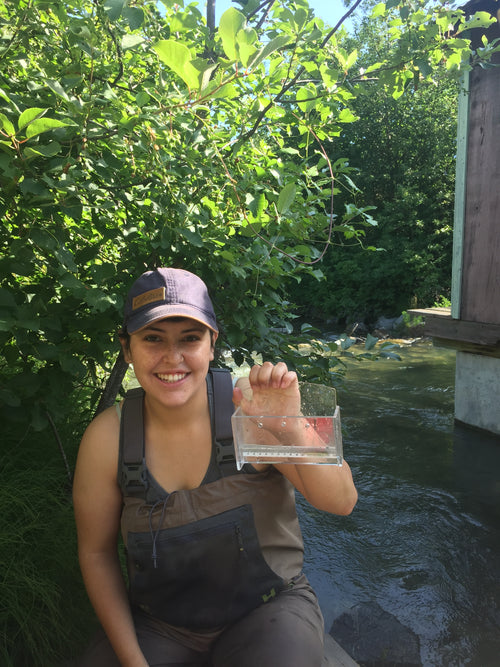
Smolt Outmigration
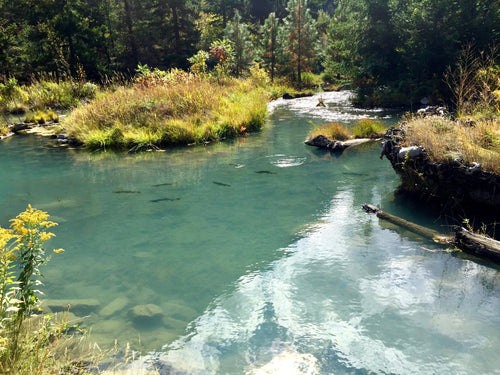
Spawner Walks
In order to visually tally the number of adult spawners in the channels, Splitrock Environmental technicians conduct weekly spawner walks. This is done to collect insights on the quality of the spawning habitat as a whole, as technicians are able to compare spawner counts (eggs) with fry (recently hatched fish) migration numbers to estimate survival rates between the two.
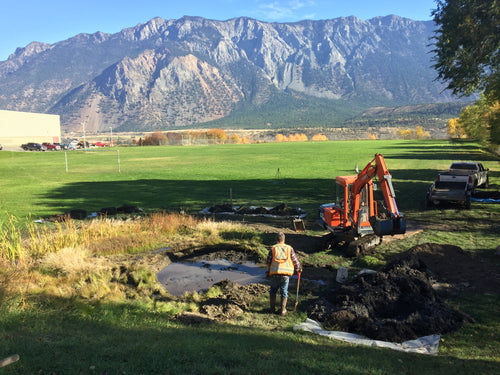
Wetland Restoration
